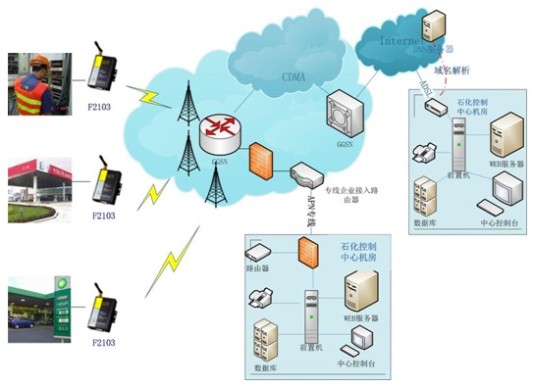Smart citizens make the city of the future possible

In a world where the population is becoming increasingly urban and less rural, cities face the challenge of becoming more efficient and sustainable urban habitats for its citizens. These advancements configure what is popularly referred to as smart cities. However, we should put the focus on smart citizens who contribute their own intelligence and creativity to making the city of the future possible.
The symposium on smart cities which took place recently in Madrid was an excellent opportunity to discuss the important role that citizens are playing to create sustainable urban habitats. The high penetration mobile rate which reaches a staggering 60% in Spain is a phenomenon which transforms citizens into sensors with their phones alone. Citizens are a valuable source of information who now have the necessary tools to play an active role in generating and crossing data to make cities more intelligent.
Smart cities wouldn’t be possible without smart citizens. E-citizens will be capable of generating networks and making change happen in their immediate environment. Questions is, does the average citizen even know what a smart city entails? The public administration has the need of educating and managing a progressively hyperconnected citizen.
Open data is a step forward for the administration to interact with citizens where a new cloud of information and feedback is generated at their service. Crossing data with the information citizens can provide is a source of added value which transforms data management into a transversal process. Public administrations must also be prepared to manage data as to respond to citizens in real-time.
So in which ways are citizens already contributing toward a smarter city? In thecase of Madrid’s municipal transport company, it launched a mobile app which provides all kinds of useful real-time information regarding bus routes and schedules. However, their open data strategy gives citizens free access to this information on the internet. This enables them to cross this information with other data regarding the subway and trains, for example, and create enrichened mobile applications which cover different needs. These applications created by the citizens themselves are used more than the official application itself.
Smart Citizen is an interesting project and a great example of how citizens take a leading role in rendering information about their environment. Smart Citizen consists of an open-source monitoring platform which each citizen can have in their home to collect all kinds of environmental data. This data can then be crossed with other peoples’ data to provide valuable information for the city as a whole.
